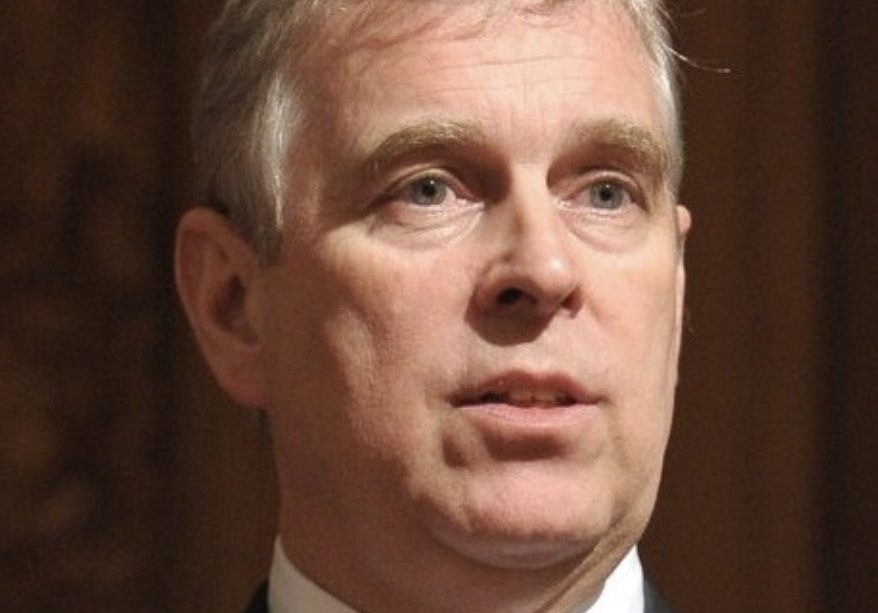Recent Developments Concerning Prince Andrew

Introduction
Prince Andrew has been a figure of considerable public interest and scrutiny over the past few years, particularly following allegations of sexual misconduct that have significantly impacted his public life and royal duties. As the younger brother of King Charles III, his actions have drawn attention not only from the media but also from the public, raising questions about the monarchy’s future and its relationship with society.
Background
Prince Andrew was born on February 19, 1960, and served in the Royal Navy before embarking on a career that has been overshadowed by controversy. Most notably, his association with Jeffrey Epstein, a convicted sex offender, has led to increasing criticism and has resulted in his stepping back from royal duties in 2019. The fallout from this association took a significant turn with a civil lawsuit filed by Virginia Giuffre, who accused him of sexual assault when she was a minor.
Current Developments
In August 2021, Giuffre’s allegations were formally lodged in New York, bringing heightened media scrutiny on Andrew. Legal proceedings have continued, and in early 2022, Andrew settled the civil lawsuit out of court for an undisclosed amount, while he did not admit to any wrongdoing. This settlement did not involve an apology, but it highlighted the ongoing struggles of Andrew to regain his reputation and the royal family’s efforts to distance themselves from the scandal.
Public Perception and Royal Implications
Public opinion on Prince Andrew remains divided, with a significant portion of society expressing disapproval of his actions and the royal family’s handling of the situation. The incident has caused discomfort within the monarchy, leading to discussions about the relevance of royal privileges in contemporary society. Some royal commentators believe that as the monarchy seeks to modernise and maintain relevance, figures like Andrew may represent a growing challenge. The ongoing discussions about accountability and royal traditions further complicate this narrative.
Conclusion
As Prince Andrew continues to navigate the fallout from legal battles and public sentiment, the significance of his situation extends beyond personal consequences; it raises important questions about the future of the British monarchy. The royal family must carefully evaluate its public image and adapt accordingly, especially as the younger generations seek to bridge the gap between tradition and modernity. While Andrew’s role within the royal circle appears diminished for now, any future developments may influence the monarchy’s trajectory and acceptance in today’s society.









